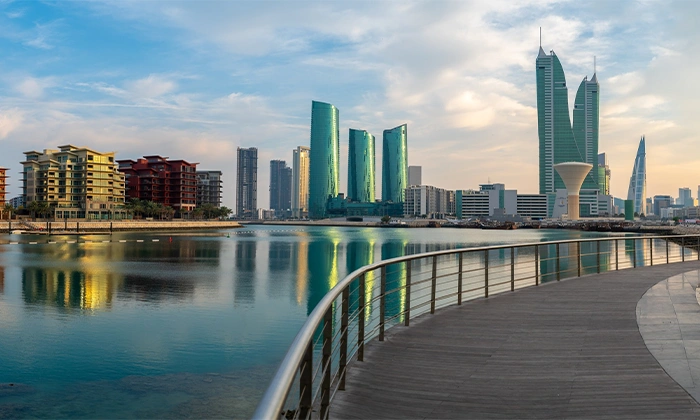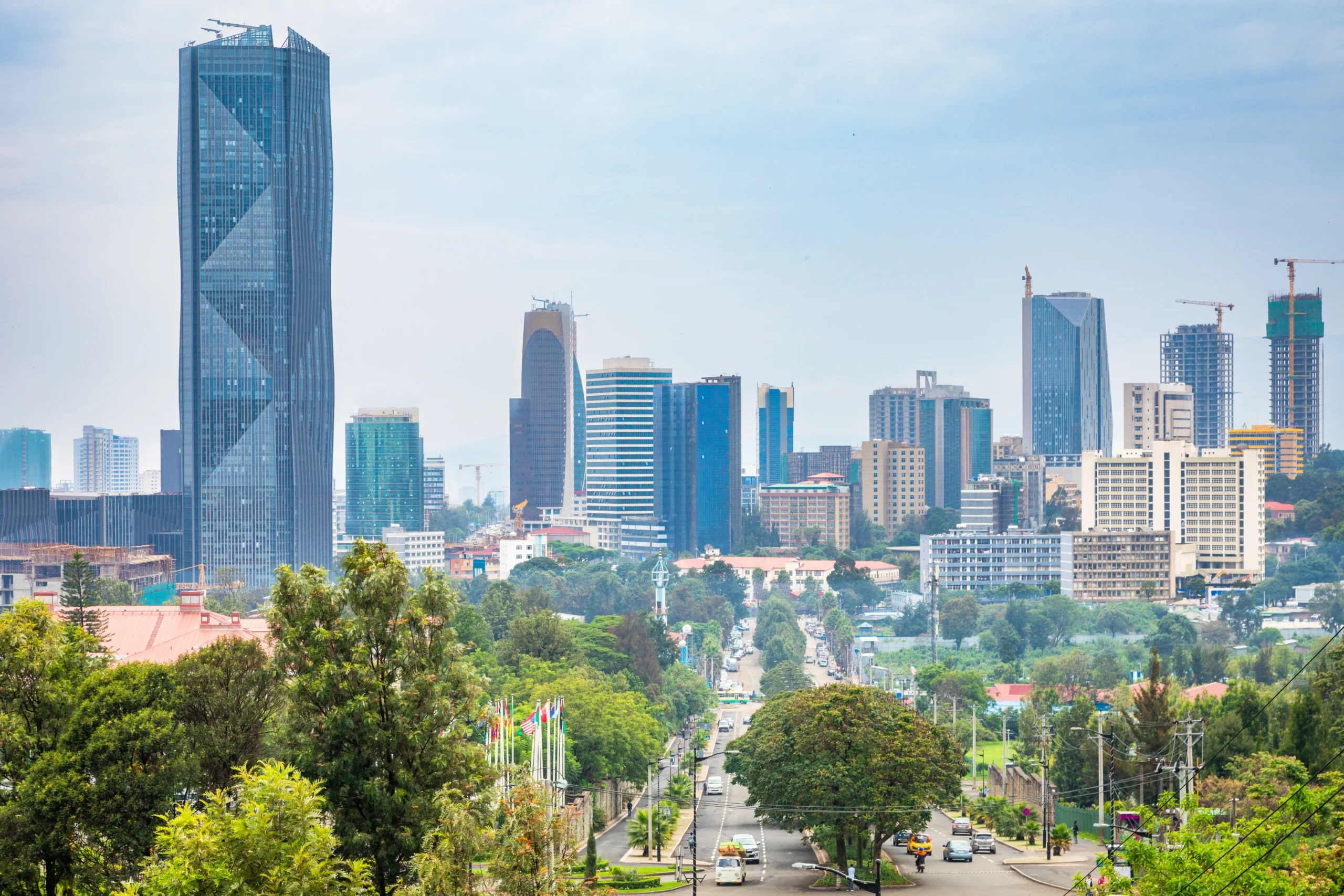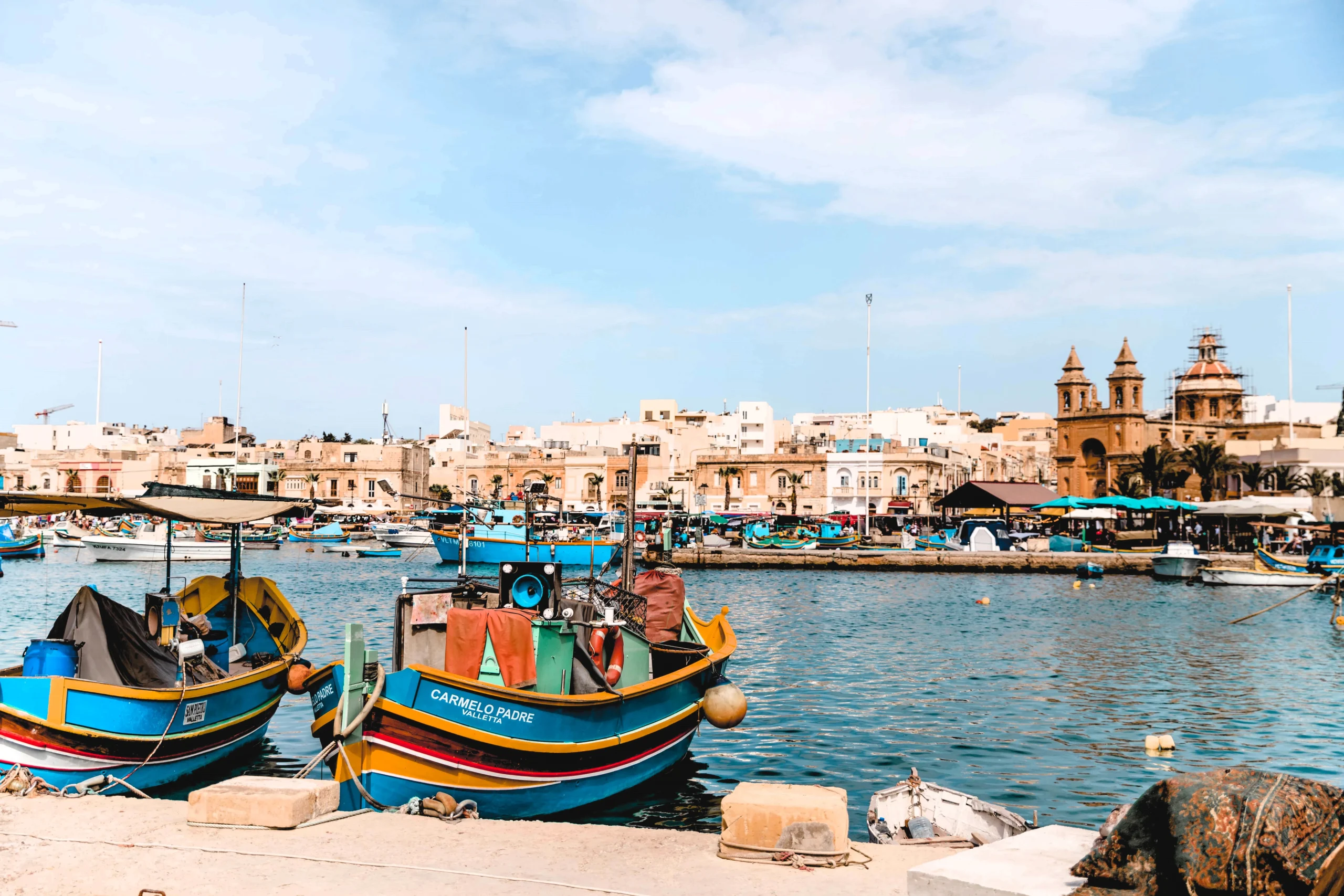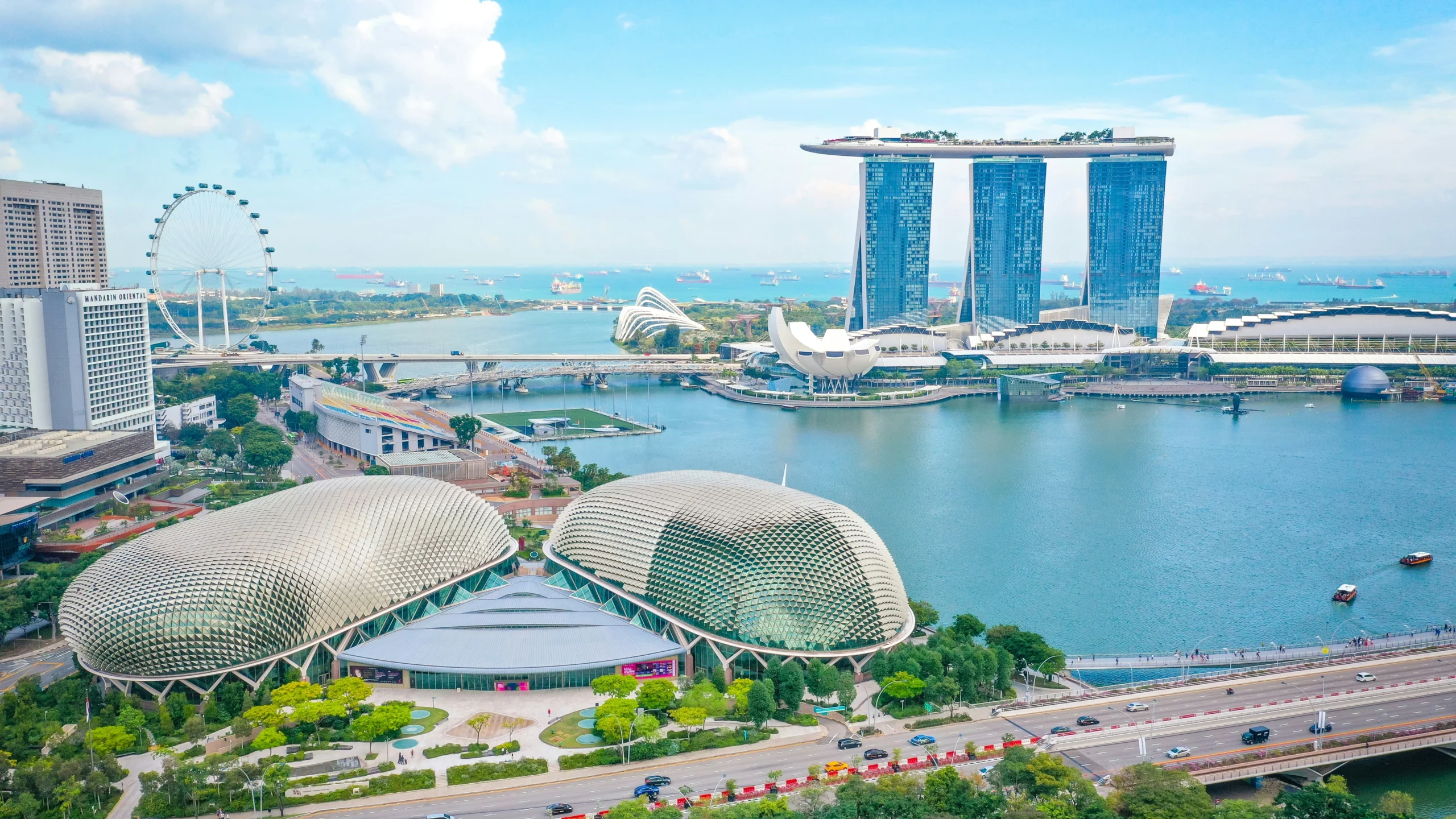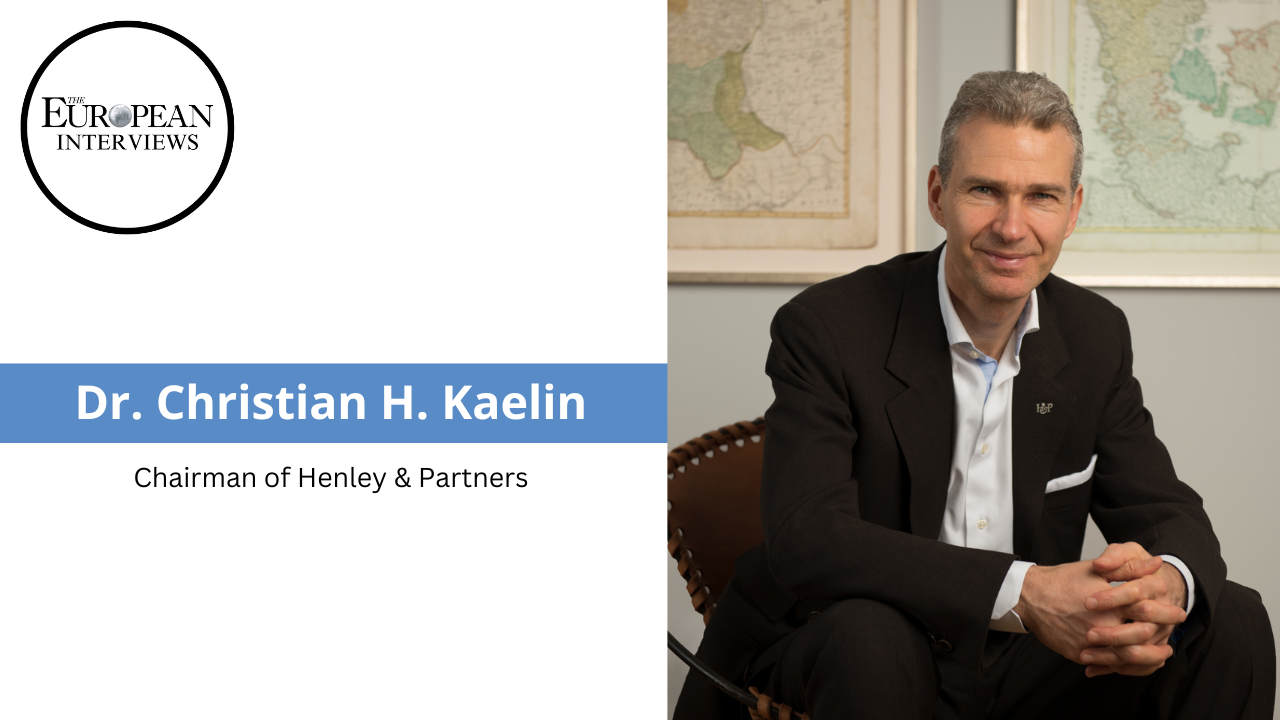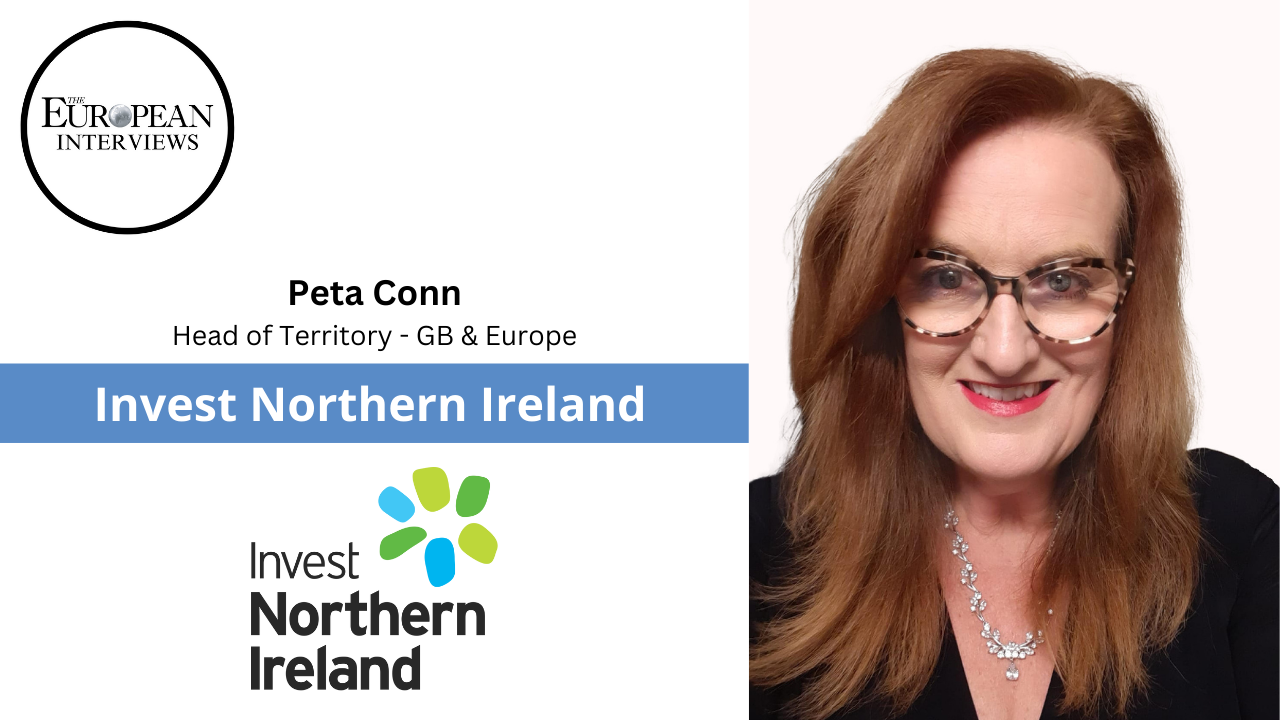Making Africa’s free trade area a reality

John E. Kaye
- Published
- Foreign Direct Investment, Home

Article by Daouda Fall, Chairman & CEO of Brahms Group SA
Economists over the years have spent much time discussing the African Continental Free Trade Area (AfCFTA) and one all important question in particular: can it deliver on its undoubted potential? Without hesitation, my answer is that it can. Modern commerce is now driven by the flow of capital, labour, information and products, and the globalisation of economies is irreversible. AfCFTA has a crucial role to play in this. However, the success of AfCFTA is based on a number of conditions and prerequisites being met, which I shall discuss in this piece.
What is AfCFTA?
AfCFTA is a free trade area consisting of 54 African countries and represents the largest trade area in the world in terms of countries involved. The agreement requires member states to remove tariffs from almost all their goods and allow free access to commodities, goods, and services across the continent. According to the United Nations Conference on Trade and Development, between 2015 and 2017 intra-African trade accounted for 15% of all the continent’s trade. By comparison 47% of all trade in North America is internal, 61% in Asia and 67% in Europe.
Given the current global political climate, with increased protectionist measures from the United States, massive illegal immigration from Africa to Europe, combined with a worrying increase in nationalist sentiment, the main question is: how do we make sure that the wealth created within the AfCFTA is socially and economically inclusive to the people of Africa?
By 2034, Africa is expected to have a larger workforce than China or India with approximately 70% of the population being under the age of 30. This demographic can have positive effects on a global scale if it is utilised effectively. African nations are in a strong position to analyse the harmful effects of globalisation in the Western world. We can reflect on the economic and social policies that have been implemented in the OECD countries and see how they are able to adjust their policies to mitigate the divides that globalisation can create.
AfCFTA would create certain conditions that must be pre-empted before the area becomes effective. These prerequisites mainly pertain to the freedom of movement for individuals to be enabled to conduct business, education and industrialisation, financial markets and infrastructure.
Education and industrialisation
Education and industrialisation across the continent must be addressed together to avoid asymmetry between the needs of each. In other words, education systems have to be developed according to the needs of global commerce. Individuals must have the training and tools to become active players in the new economy; an economy characterised by shifts towards automation, increased efficiency and adaptability – rather than the mass employment of the post-World War II boom years.
For Africa’s coordinated industrial strategies to bear fruit on a global scale it must have global companies. As we have witnessed in Europe, mergers and collaborations are necessary in order to survive against the might of China and the USA. For example, the French and Italians forged an alliance to fend off competition in the naval shipbuilding industry. Airbus is also a good example of different countries joining forces to create a super-competitive player – one that has gone on to become the second largest aerospace and defence company in the world.
African countries should identify potential areas for internal collaboration. For example, Guinea, which has one third of the world’s bauxite reserves, could initiate the process of refining the raw material into aluminium oxide. It could then sell this modified product to Nigeria, which could manufacture the pure aluminium at a cheaper cost thanks to its large reserves of gas. By joining forces, these two countries could create a steel manufacturing giant that would compete globally, creating substantial employment and wealth in the process.
The financial markets
One of the main struggles facing African countries is the mobilisation of capital. Financial sectors are limited and cannot contribute to the development of small, medium, and large enterprises. Therefore, it is important to develop joint regulatory financial governance, which would allow capital to flow freely on an international level and support Africa’s financial markets’. Robust regulation that protects the wealth of the individual would encourage them to utilise the financial sectors; they would invest their funds which would therefore provide lending capacities to banks. Louis Kasekende, Deputy Governor of the Bank of Uganda was right when he said: “Connectivity in terms of physical and financial system infrastructure is indispensable in realising the full benefits of regional integration and wider development of Africa.”
Infrastructure
For the AfCFTA actors to efficiently contribute to the free-trade agreement, they need the required infrastructures. Today, it costs less to bring products from Singapore to Nigeria than to bring those same products between two African countries. This is nonsensical and to ensure a dynamic AfCFTA, the continent needs to invest massively in transport, sanitation, water, power, communications technologies and social infrastructure. From roads to bridges connectivity between countries is paramount to allow for the flow of goods to be cost effective.
In conclusion, the main objective is to bring to the attention of African political leaders that the African Continental Free Trade Area is a great initiative that could yield great benefits, but it cannot be rushed. Numerous conditions have to be met in order to achieve a free trade area that is economically and socially inclusive.
Further information
For more African trading news, follow The European
RECENT ARTICLES
-
 Zanzibar’s tourism boom ‘exposes new investment opportunities beyond hotels’
Zanzibar’s tourism boom ‘exposes new investment opportunities beyond hotels’ -
 Residence and citizenship planning is reshaping global wealth strategies
Residence and citizenship planning is reshaping global wealth strategies -
 Building sovereign bridges by attracting global investors
Building sovereign bridges by attracting global investors -
 Bahrain cuts property investment threshold for golden residency
Bahrain cuts property investment threshold for golden residency -
 Where mobility meets opportunity: Malta’s strategic advantage for global investors and innovators
Where mobility meets opportunity: Malta’s strategic advantage for global investors and innovators -
 UK government sets up Women in Tech taskforce amid gender imbalance concerns
UK government sets up Women in Tech taskforce amid gender imbalance concerns -
 Malta introduces Nomad Heritage Card for remote professionals
Malta introduces Nomad Heritage Card for remote professionals -
 How free global cities could reshape the future of migration
How free global cities could reshape the future of migration -
 Dominican Republic positions itself as Caribbean hub for sustainable trade and investment
Dominican Republic positions itself as Caribbean hub for sustainable trade and investment -
 Biviana Riveiro Disla speaks to The European about the Dominican Republic’s role as a hub for trade and investment
Biviana Riveiro Disla speaks to The European about the Dominican Republic’s role as a hub for trade and investment -
 Liechtenstein tops global index for foundations
Liechtenstein tops global index for foundations -
 Keeping the door open: wealthy UK citizens investing their way back into the EU
Keeping the door open: wealthy UK citizens investing their way back into the EU -
 Ethiopia emerges as a sustainable investment leader on the African stage
Ethiopia emerges as a sustainable investment leader on the African stage -
 France’s FDI renaissance marks a Nouvelle Ère for Europe
France’s FDI renaissance marks a Nouvelle Ère for Europe -
 The Turks and Caicos Islands: A new era for financial services and innovation
The Turks and Caicos Islands: A new era for financial services and innovation -
 Jersey in focus – an interview with Chief Minister Deputy Lyndon Farnham
Jersey in focus – an interview with Chief Minister Deputy Lyndon Farnham -
 Malta – a popular base for digital nomads
Malta – a popular base for digital nomads -
 Move to Guernsey: The Channel’s island gem
Move to Guernsey: The Channel’s island gem -
 Malta’s residency-by-investment programme: a clear path to permanent residency
Malta’s residency-by-investment programme: a clear path to permanent residency -
 The banking shift that Europe’s businesses can’t afford to ignore
The banking shift that Europe’s businesses can’t afford to ignore -
 High-net-worth Europeans turn to investment migration amid security fears
High-net-worth Europeans turn to investment migration amid security fears -
 Beyond the beaches: a spotlight on the Turks and Caicos Islands
Beyond the beaches: a spotlight on the Turks and Caicos Islands -
 Video Interview with Dr. Christian H. Kaelin of Henley & Partners
Video Interview with Dr. Christian H. Kaelin of Henley & Partners -
 Ireland’s resilience and future in Foreign Direct Investment
Ireland’s resilience and future in Foreign Direct Investment -
 Video Interview with Peta Conn of Invest Northern Ireland
Video Interview with Peta Conn of Invest Northern Ireland




